
Escaping Gaur Massacre and Political Tension: Why Did Upendra Yadav Flee to India?
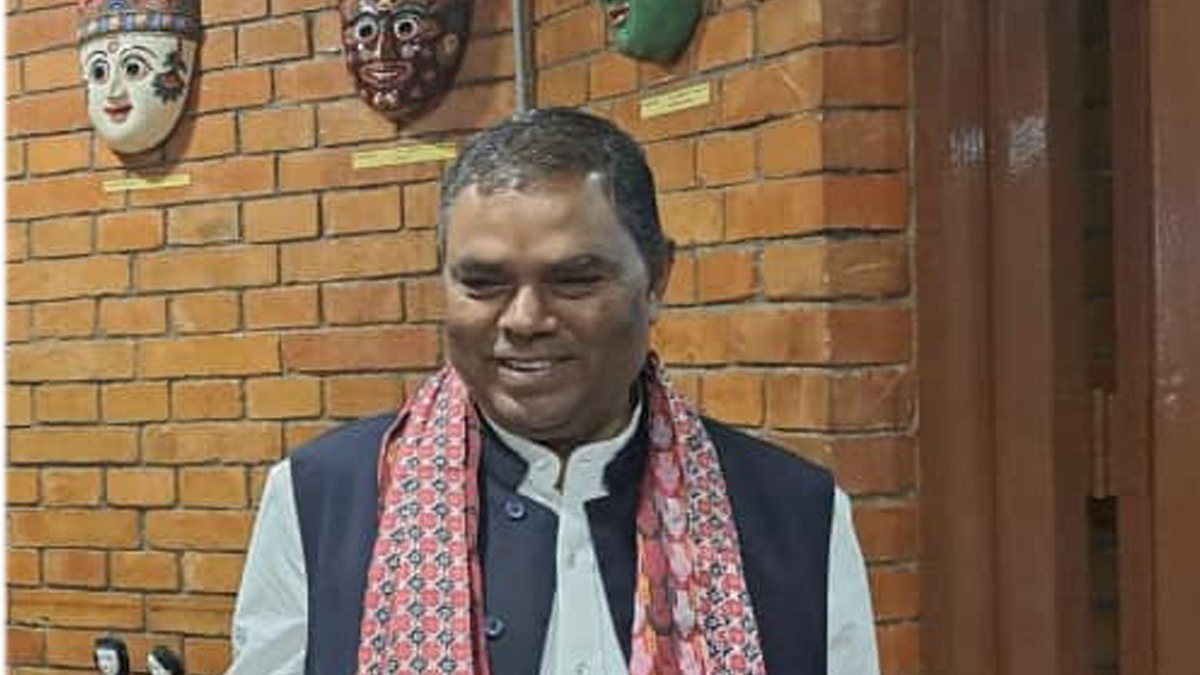
Upendra Yadav, the Chairman of Nepal’s Janata Samajwadi Party (JSP), has embarked on a visit to India, sparking rumors about potential political implications. Departing on an Indian Airlines flight bound for New Delhi at 10 am today, Yadav’s visit comes at a crucial juncture marked by escalating tensions between his party and the government.
While official sources claim that Yadav’s trip is for a personal reason – attending the wedding of a friend’s daughter in Kochi, followed by a brief stopover in Mumbai – observers are quick to note the deeper political context surrounding his visit. Speculation is rife that his journey holds significance beyond the wedding festivities.
During his stay in India, Yadav is reportedly scheduled to convene a high-level meeting, fueling conjecture about potential political discussions. The timing of his visit is particularly noteworthy as his party’s relationship with the ruling Pushpa Kamal Dahal ‘Prachanda’ government has been strained, most recently due to the reopening of the Gaur incident case.
The Gaur Massacre, a tragic event that transpired on March 21, 2007, during clashes between the Madhesi People’s Rights Forum (MPRF) and the CPN (Maoist), has resurfaced as a point of contention. The incident resulted in the deaths of 27 individuals, including 26 affiliated with the CPN (Maoist). The government’s decision, led by Deputy Prime Minister Narayan Kaji Shrestha, to initiate an investigation into the massacre has ignited a political firestorm.
The agreement to investigate the Gaur Massacre was signed without consulting the JSP, a vital coalition partner, leading to discord within the coalition. Upendra Yadav, a prominent figure within the JSP, has expressed his dissatisfaction with the Prime Minister and the Nepali Congress President, exacerbating the tensions within the alliance.
Sources close to the situation suggest that the JSP might even contemplate withdrawing from the coalition due to their objections to the agreement. Yadav’s visit to India in the midst of this political turmoil has further fueled speculation about the party’s future actions and potential shifts in the country’s political landscape.
As Yadav’s trip unfolds, political analysts remain vigilant, observing any developments that could reshape the dynamics between the government and the JSP, with the backdrop of the Gaur Massacre investigation casting a shadow over Nepal’s political scene.



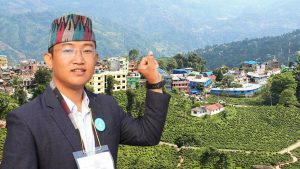
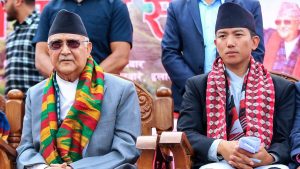
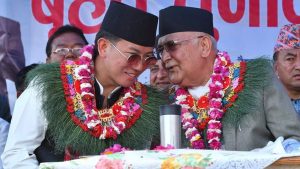
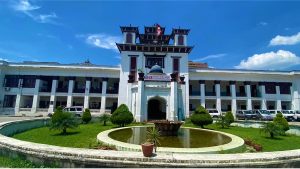
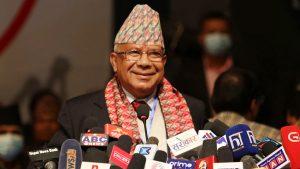






Comments